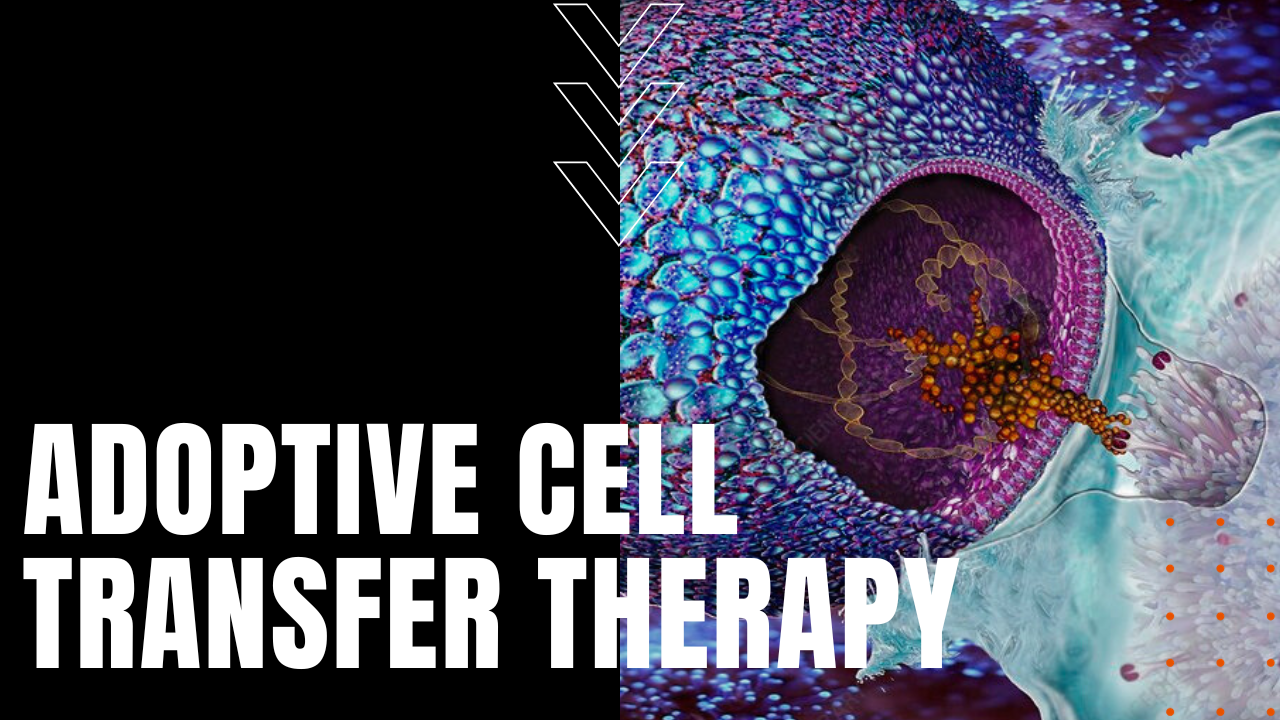Adoptive Cell Transfer Therapy

A new and promising technique in the fight against cancer is Adoptive Cell Transfer Therapy or ACT, which is a class of immunotherapy whereby supplemental T cells are transferred into a patient with cancer, intended to target and bolster their immune system to fight their own form of cancer. Similar to CAR-T cell therapy, adoptive T cells are genetically programmed and multiplied in a lab, with antigens specifically targeted to the patients individual tumor type, creating an army of attack T cell that have been customized or tailored for an individual patients fight against the disease.
Boosting Immune Response
As a cancer grows, it quickly overwhelms an immune system’s ability to locate and kill cancer cells, which generally occurs by the time a cancer can be clinically detected. As scientist harness this new powerful treatment option, ACT is presently performed in two ways. The first is to take a sample of the patient’s tumor and isolate those T cells that recognize the tumor as a foreign invading threat. Known as tumor-infiltrating lymphocytes or TILs, by removing TILs from the body and multiplying them by a factor of 1000 or so, these new cellular assassins are re-infused into the patient’s body, which in turn provides a logarithmic boost to a patient’s ability to fight off cancer cells or cancerous tumors. A second approach is to harvest T cells from a patient’s blood before genetically modifying a given patient’s T cells to recognize a given type of tumor, before multiplying and re-injecting the T cells back into the patient’s body.
Custom Designed Therapy
While building a custom gene therapy remains labor-intensive and expensive, the proof of principle has been clearly vetted at this point, although much more work is required to improve efficacy and delivery pathways, and while cost may seem prohibitive at this early stage of discovery, conventional chemotherapy remains exceedingly expensive as well, while remissions achieved by this later method almost never remain permanent, generally returning in one form or another within five-years after clinical remission. On the flip side, of the 80 to 90 percent of patients who respond to ACT, patients remain disease-free after fifteen years of study, making Adoptive Cell Transfer Therapy, one of the greatest anti-cancer victories in clinical medicine today.
